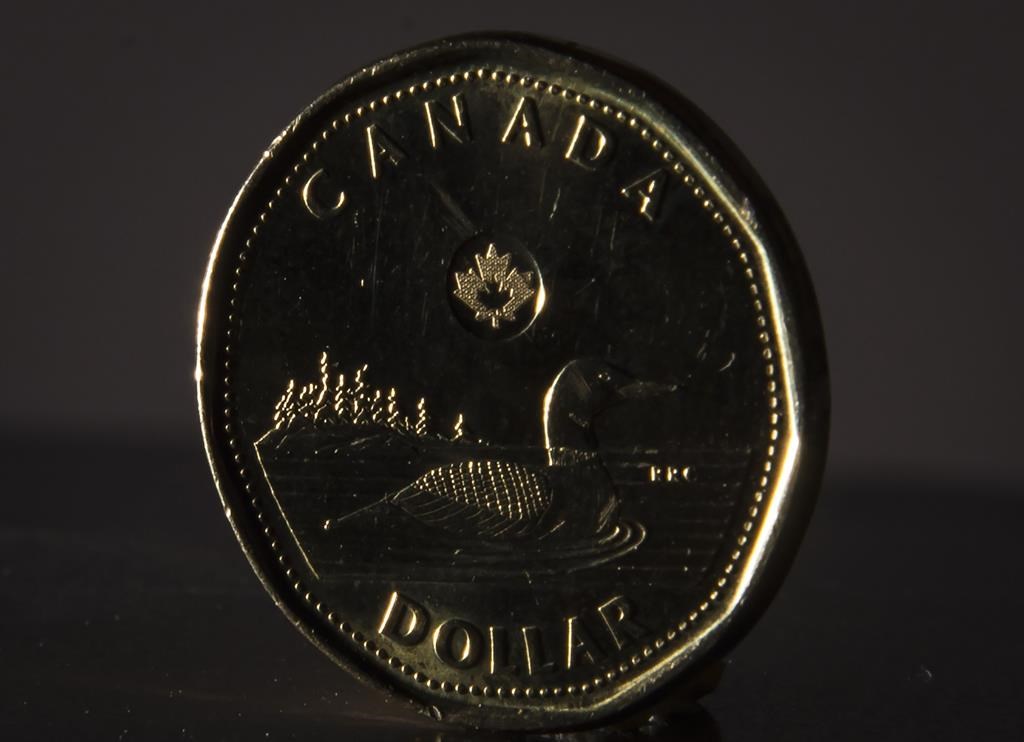TORONTO — Canada’s main stock index was down almost 100 points Monday with broad-based losses led by base metals, health care and financials, while U.S. markets were also down.
Investors are sitting tight ahead of a week of heavy macro news that could shift the tone of the market, said Angelo Kourkafas, an investment strategist at Edward Jones.
Canada gets its latest round of employment data on Friday, but not before the Bank of Canada makes its next rate announcement on Wednesday.
Ahead of Wednesday’s announcement, investors are hesitant to embrace risk, said Kourkafas.
“That’s why we’re seeing a muted start to the week,” he said.
The S&P/TSX composite index was down 93.01 points at 19,931.62.
In New York, the Dow Jones industrial average was down 199.90 points at 33,562.86. The S&P 500 index was down 8.58 points at 4,273.79, while the Nasdaq composite was down 11.34 points at 13,229.43.
“As we think about the Bank of Canada, it was the first major central bank to start the tightening cycle, the first to pause and potentially the first to resume rate hikes,” said Kourkafas. “At this point, clearly the economy has proven to be resilient and inflation pressures are still lingering.”
Both the Bank of Canada and the Federal Reserve in the U.S., which meets next week, are facing close-call decisions, said Kourkafas. While they both could pause again for June, it’s possible they will hike again in July.
“We wouldn’t rule out another hike in either June this week from the Bank of Canada or sometime in the summer,” he said.
One piece of positive news is that markets have finally been pricing out rate cuts for the later part of the year, said Kourkafas: “The expectations have recalibrated. That big divergence between central banks and what investors were expecting has closed. So there is less scope for a big surprise.”
In new economic data south of the border, a report said U.S. services industries grew by less than economists expected last month. The takeaways from the report were mixed, said Kourkafas, with small signs of flowing growth a good news in the fight against inflation.
And Saudi Arabia announced over the weekend it plans to cut production of oil starting in July.
There was a pop in oil prices earlier in the day but the gains faded as Monday wore on, said Kourkafas.
“I think at this point, the oil market is more focused on the demand side and some still uncertainty around the global growth outlook, which is … likely to be an even bigger driver than the supply cuts,” he said.
The Canadian dollar traded for 74.44 cents US compared with 74.43 cents US on Friday.
The July crude contract was up 41 cents at US$72.15 per barrel and the July natural gas contract was up seven cents at US$2.25 per mmBTU.
The August gold contract was up US$4.70 at US$1,974.30 an ounce and the July copper contract was up four cents at US$3.77 a pound.
— With files from The Associated Press
This report by The Canadian Press was first published June 5, 2023.
Companies in this story: (TSX:GSPTSE, TSX_CADUSD=X)



